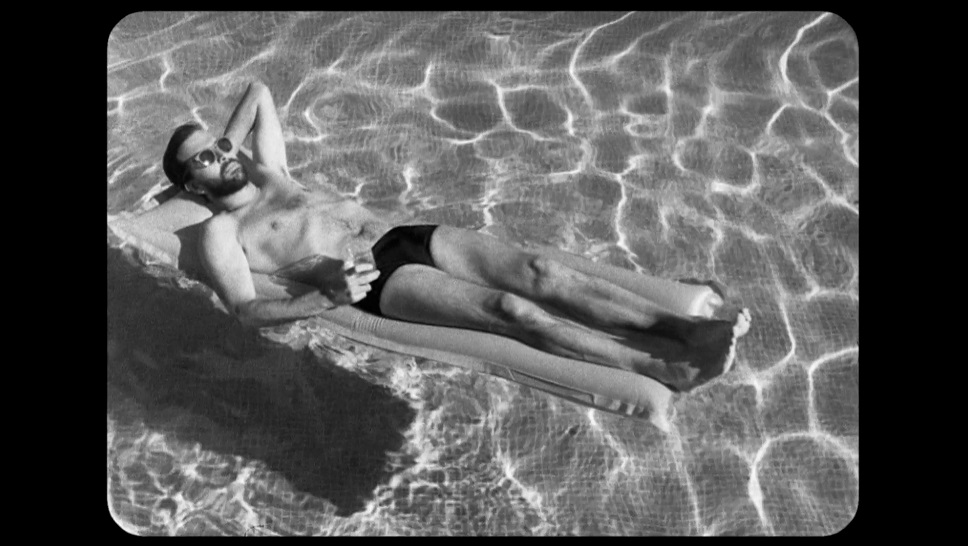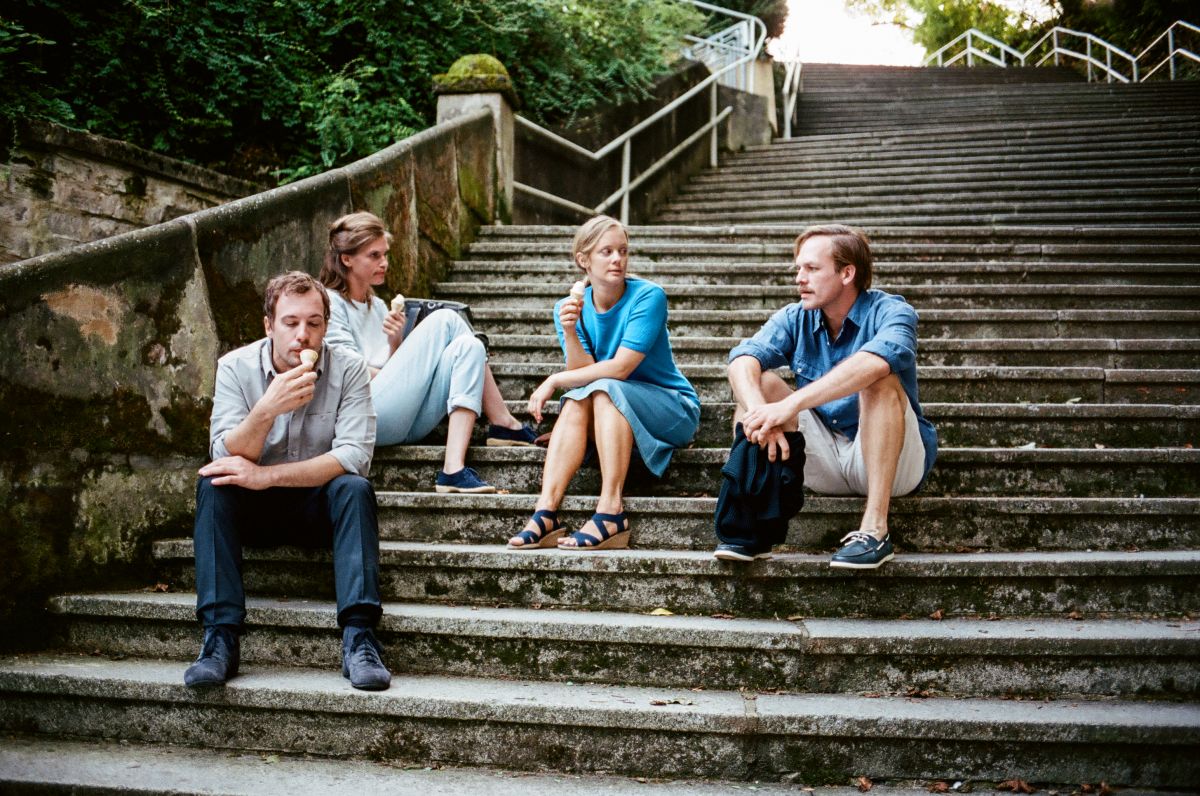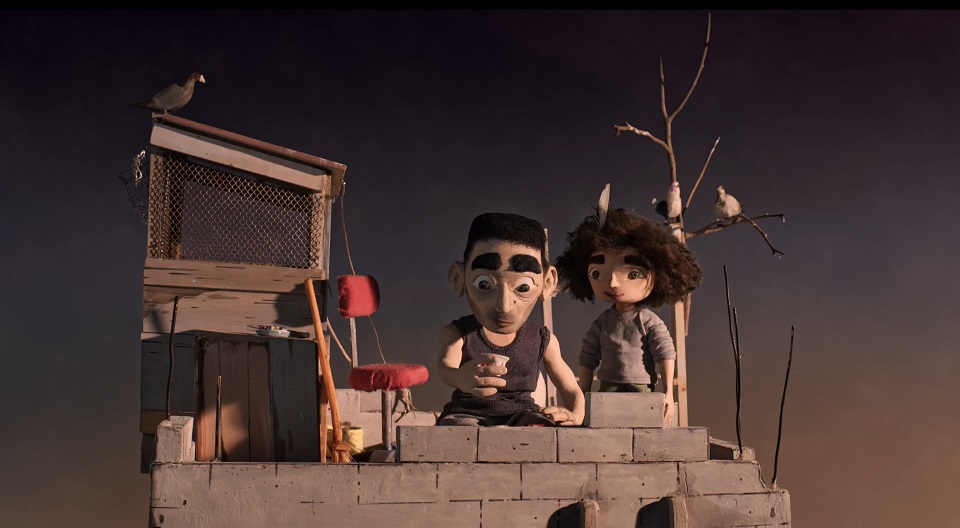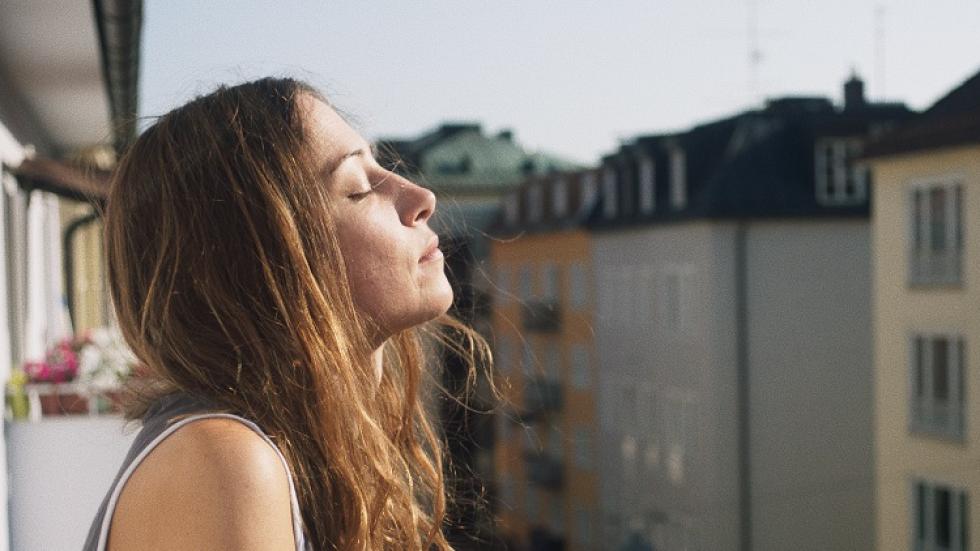Film lovers transformed into surfers, or vice versa: the dream of fans of the surfboard and maritime adventures is to find the perfect wave. The Seville Festival programme offers the same excitement to film lovers who, with surfing spirit, dive into adventure: two sections, The New Waves and The New Waves-Non Fiction, offer the bravest, riskiest, nonconformist proposals, ones that aren’t afraid to leap into the void. Experimentation, freedom, radicalness, at times almost formal madness, are common elements in a group of films that deal with subjects and themes that interest all of us, but they choose roads less travelled to get to them. In its two categories, fiction and non-fiction (and on occasions with unclassifiable generic hybrids), this section is a real testing lab, in which the spectators will discover young talents and rediscover filmmakers with a language and an identity of their own.

18 feature films make up this year’s programme of The New Waves. Cinema from all corners of Europe. Armand Rovira is representing Spanish cinema with his 'Letters to Paul Morrissey': with a 16mm camera on his shoulder, the Catalonian director decided on black and white, the avant garde and existentialism, with references to Bergman and Chris Marker, in a particular fílmic-epistolic tribute to the man who directed films like 'Flesh' or 'Trash' and was one of the most outstanding members of Andy Warhol’s troupe. The section includes three films from France: 'Sauvage', by Camille Vidal-Naquet, mixes naivety and sordidness in the future of a boy who sells his body on the street as a paradoxical way of seeking affection. Also two young people are the protagonists of 'Shéhérazade', a story set in an environment of marginalization and crime, with which Jean-Bernard Marlin won the Jean Vigo award. Anne Alix directed 'Something is Happening', with con Lola Dueñas as protagonist of a road movie in which two women of opposite natures come together in their longing for freedom.
From Germany we have 'In My Room', 'Adam & Evelyn' and 'All Good'. In the first, Ulrich Köhler gives an unusual twist to apocalyptic tales such as 'I Am Legend'. Andreas Goldstein mixes romanticism and politics in a luminous way in 'Adam & Evelyn', portraying characters who deal with their feelings while the Berlin Wall collapses and the lives of millions of Europeans undergo a sudden change. Eva Trobisch, in 'All Good' goes into a subject as current as #MeToo with a reflection on the limits of consent in sexual relations: its protagonist doesn’t see herself as a victim of abuse, which leads the film’s director to consider uncomfortable questions (and answers). The film won an award at Locarno, as did the Turkish production, 'Dead Horse Nebula', with which Tarik Aktas offers an elliptic treatment to memories and connections with childhood in the adult world.

There are three films from Portugal: Sandro Aguilar gives us the violent, mysterious 'Mariphasa', radical reinvention of the cine noir, atmospheric and sensorial. André Gil Mata directs the minimalist, Borgian, pictorial 'The Tree'. And Sérgio Tréfaut will present 'Raiva', which talks about the class struggle using resources from cine noir and the western.
Russian cinema is represented by 'Jumpman', by Ivan I. Tverdovskiy, which tells of the tribulations of a youth whose analgesia helps him develop a strange skill for blackmailing victims. In 'Anna’s War', the filmmaker Aleksey Fedorchenko tells a story of survival: that of a little girl in the Ukraine occupied by the Nazis. Ukraine is also the setting for 'When the Trees Fall', the first film by Marysia Nikitiuk, a dreamlike reinterpretation of legends and fairy tales.
A coproduction between Montenegro and Serbia, 'You Have the Night', by Ivan Salatic, reflects on the hopelessness resulting from the arrival of capitalism to the countries that saw the socialist promises crumbles. From Hungary we have 'Deva', a subversive coming of age directed by Petra Szöcs which follows an albino adolescent in the orphanage where she lives.

The New Waves programme will also give space to animation, in two titles that look at the Palestinian-Israeli conflict: in 'Samouni Road', the Italian Stefano Savona tells a true story, that of the massacre of a family of civilians after a bombardment by Israeli troops. And in 'The Tower', the Norwegian Mats Grorud uses stop-motion animation to turn the spotlight on the vicissitudes of a Palestinian girl, the third generation of a family that hasn’t left the refugee camp where they live.







